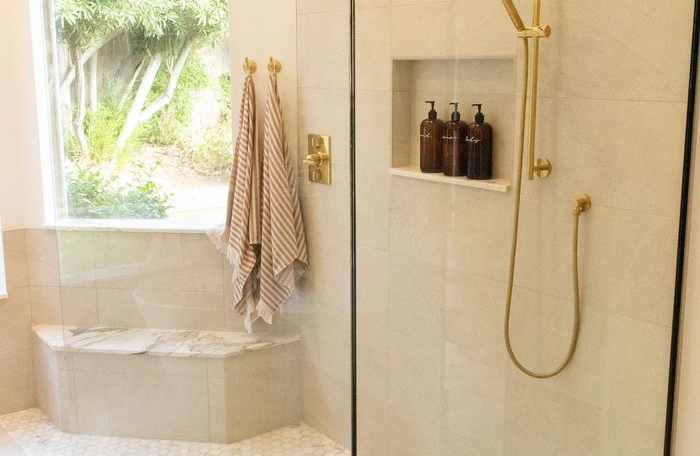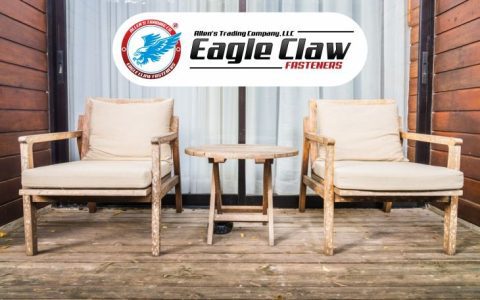
How thick does shower glass need to be? You’re here because you’re asking the same question and perhaps in the process of renovating your bathroom. This post will give you detailed information about shower glass thickness and tips on determining the right glass thickness for your home.
Shower glass thickness overview
Shower glass thickness refers to the depth of the glass from a side-on angle and is measured in millimetres. There is a wide range of shower glass sizes on the market; hence, it is crucial to understand their respective advantages for consumers. Furthermore, knowing the different glass thickness options will also clarify price-point differences if you are looking to take advantage of investing more in a shower glass for your walk in baths.
What is the most common shower glass thickness in UK homes?
The majority of UK households feature showers with 6mm glass enclosures. Contractors and home builders prefer to install shower glass in 6mm thickness due to its excellent combination of durability and weight. In essence, shower glass should be strong enough to withstand external factors that usually occur in walk-in baths, including shocks, vibrations caused by slamming doors and screens, as well as cleaning and maintenance activities.
Shower glass should be sturdy and thick enough to resist excess moisture, natural wear & tear and provide long-term utility among its users. Unfortunately, thinner shower glass panels are more fragile; hence, choosing a shower glass with the right thickness is essential to deliver the most bang for your buck.
Other available shower glass thickness options on the market are as follows:
4mm
5mm
8mm (more common)
10mm (more common)
12mm (more common)
If you are considering less common or obscure glass thickness options, it is essential to note that your purchase may be limited in that range or brand for other bathroom accessories, such as doors, shower trays, to name a few. Additionally, bracing bars and hinges used to hold shower glass enclosures in place may only be sourced from a few suppliers. To that end, it may be wise to re-evaluate your options before opting for shower enclosures with less common glass thickness sizes. Choosing shower enclosures with standard glass thickness sizes ensures easier installation and upkeep over time.
So, how thick should my shower glass enclosure be?
At the end of the day, the thickness of shower glass enclosures will depend on your personal preference. While many manufacturers stress that thicker shower glass enclosures translate to a more luxurious finish, it is also worth remembering that thicker shower glasses will cost you more money.
The thickness of shower glass enclosures is considered an aesthetic feature. Thicker glass looks more sophisticated than walk-in baths with thinner shower glass panels. In addition, thicker glass panels are more solid to the touch, ensuring easy and comfortable handling among its users. However, for irregularly shaped shower enclosures, as in the case of curved shower enclosures, glass thickness sizes are often limited.
Take your time in choosing glass panels for your bathroom. It will be advantageous to weigh the pros and cons of each glass thickness option before deciding on the type of glass panel to purchase for your upcoming bathroom renovation.



